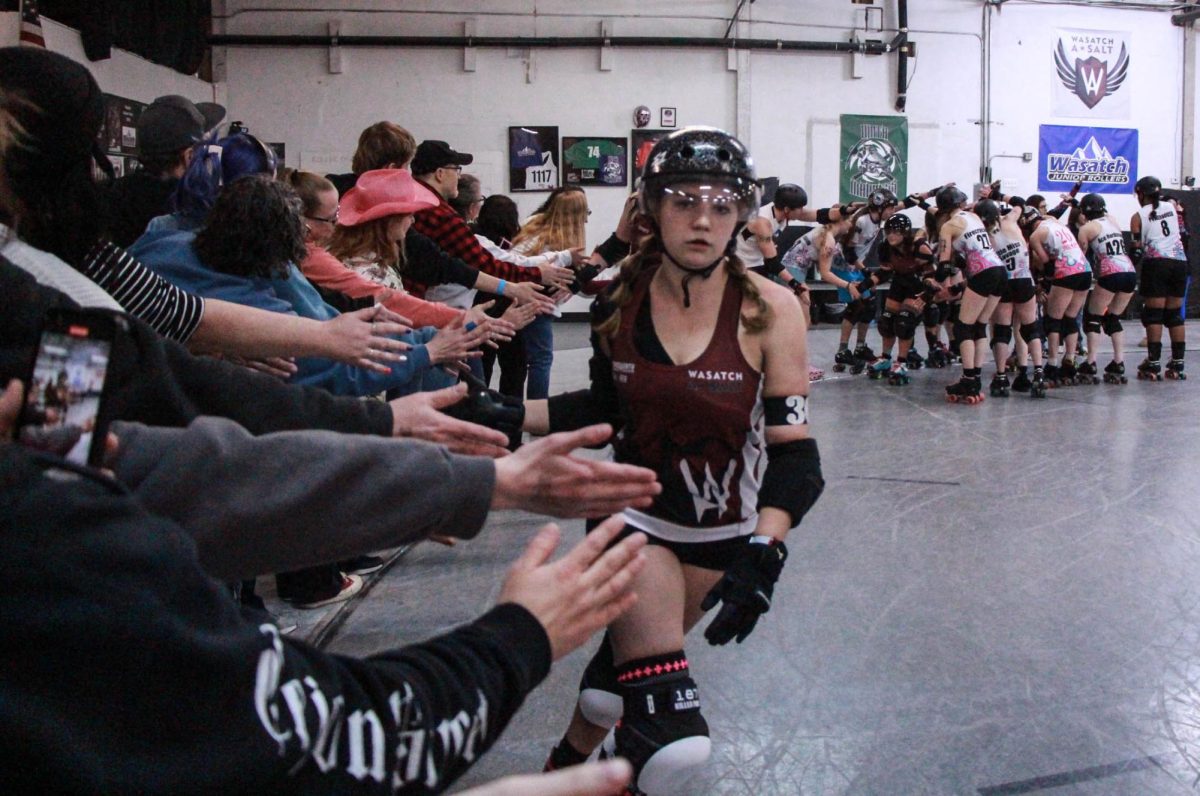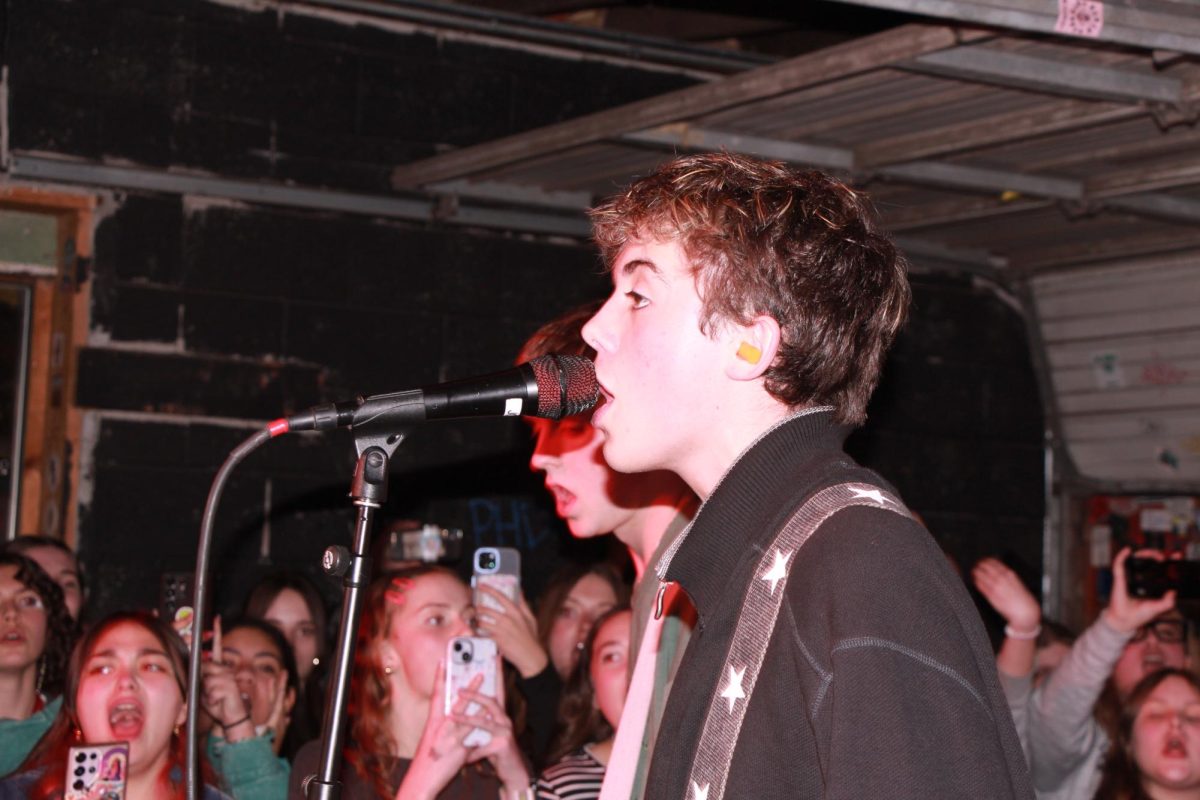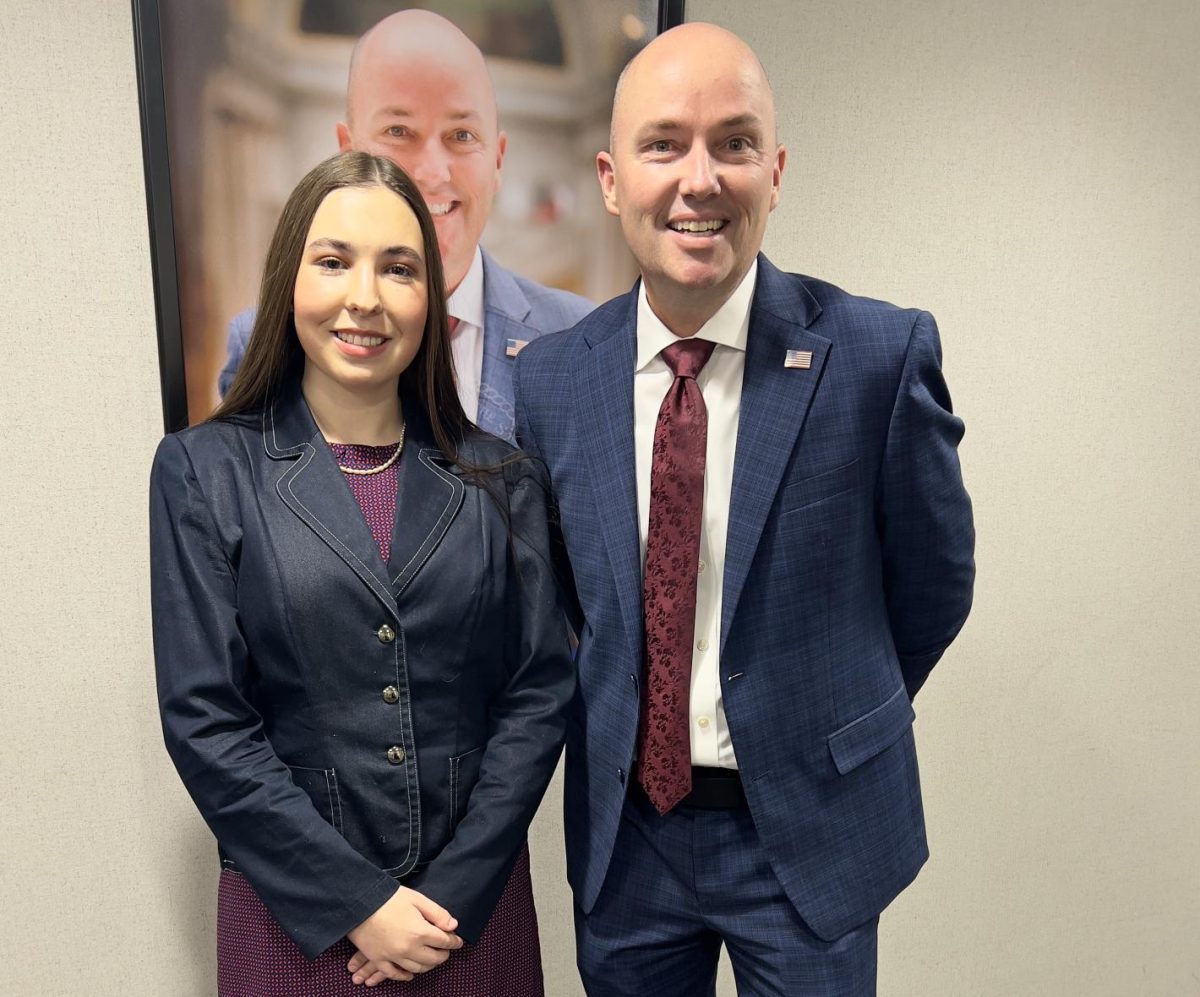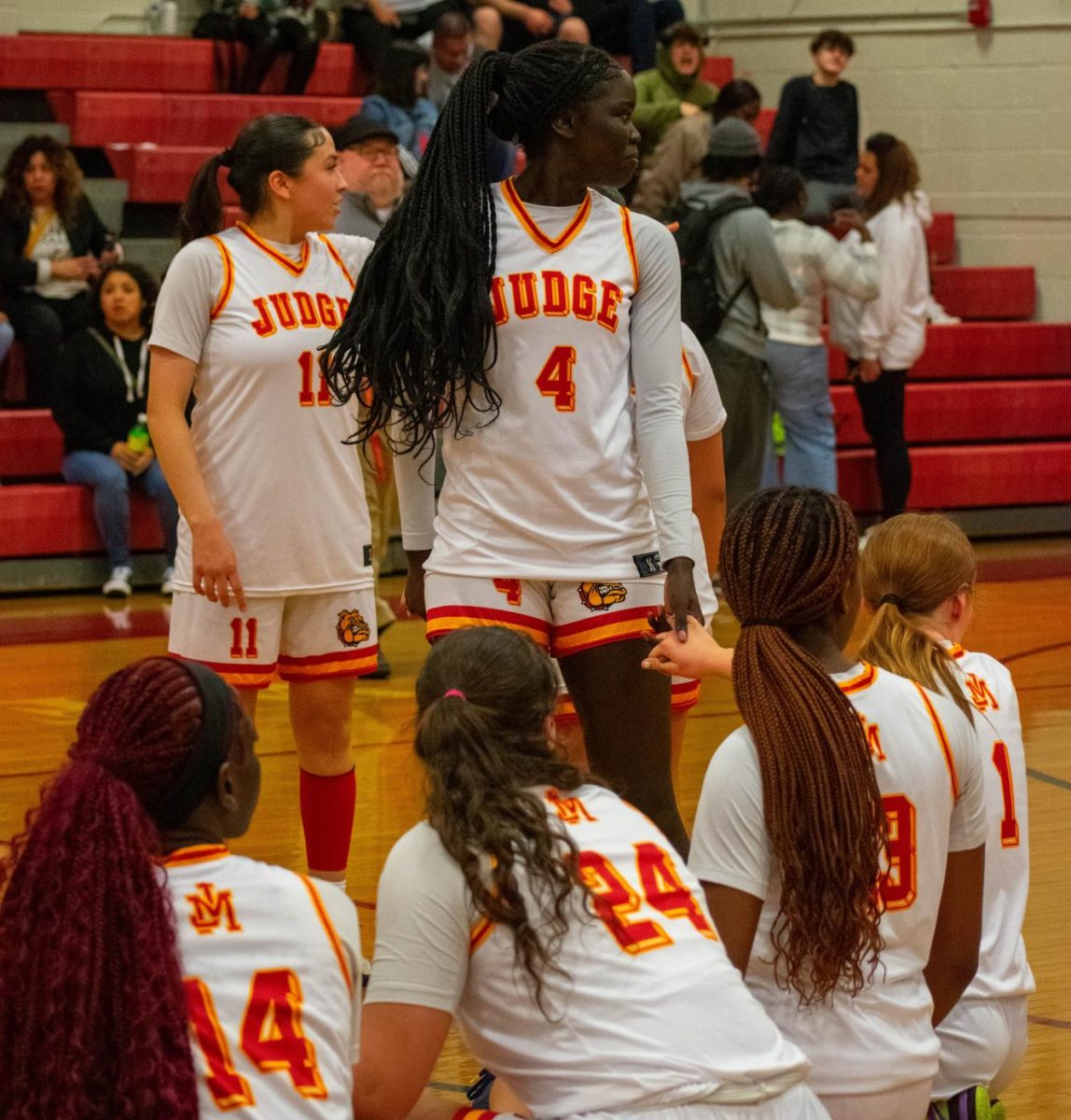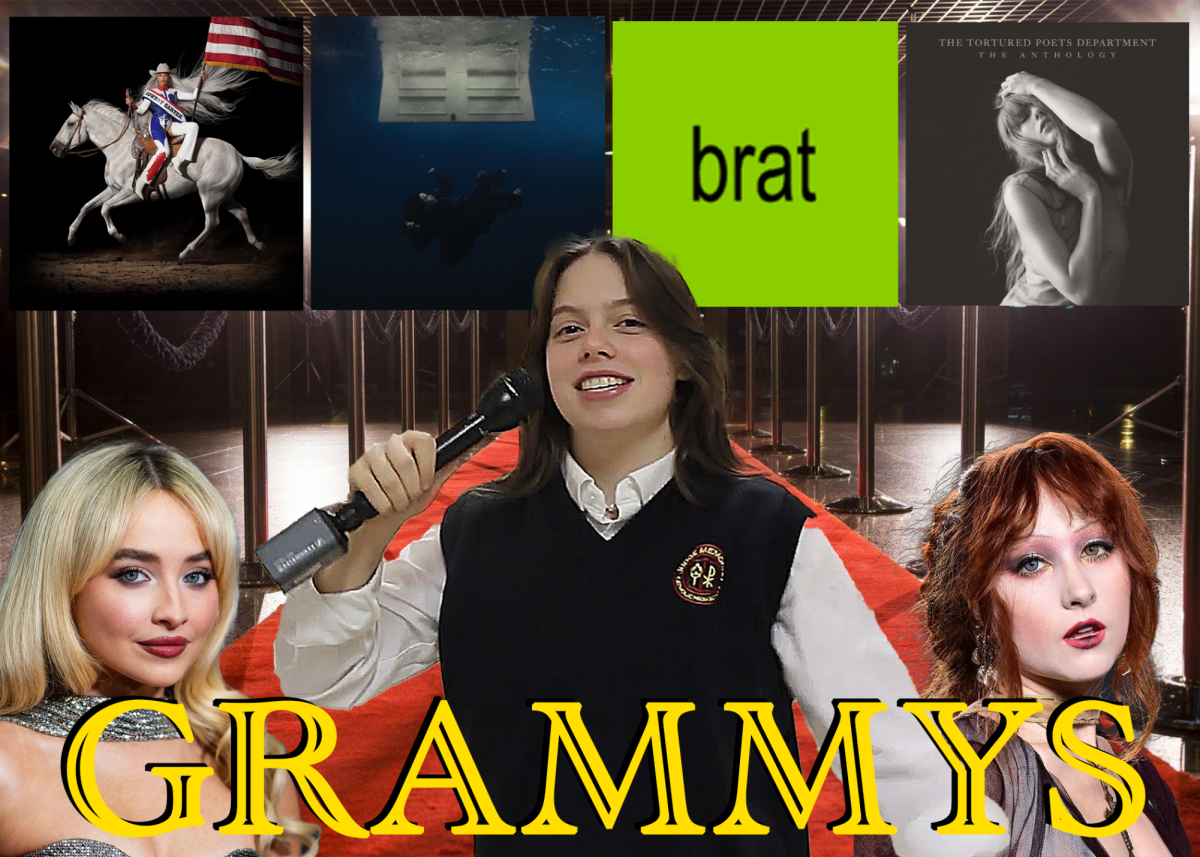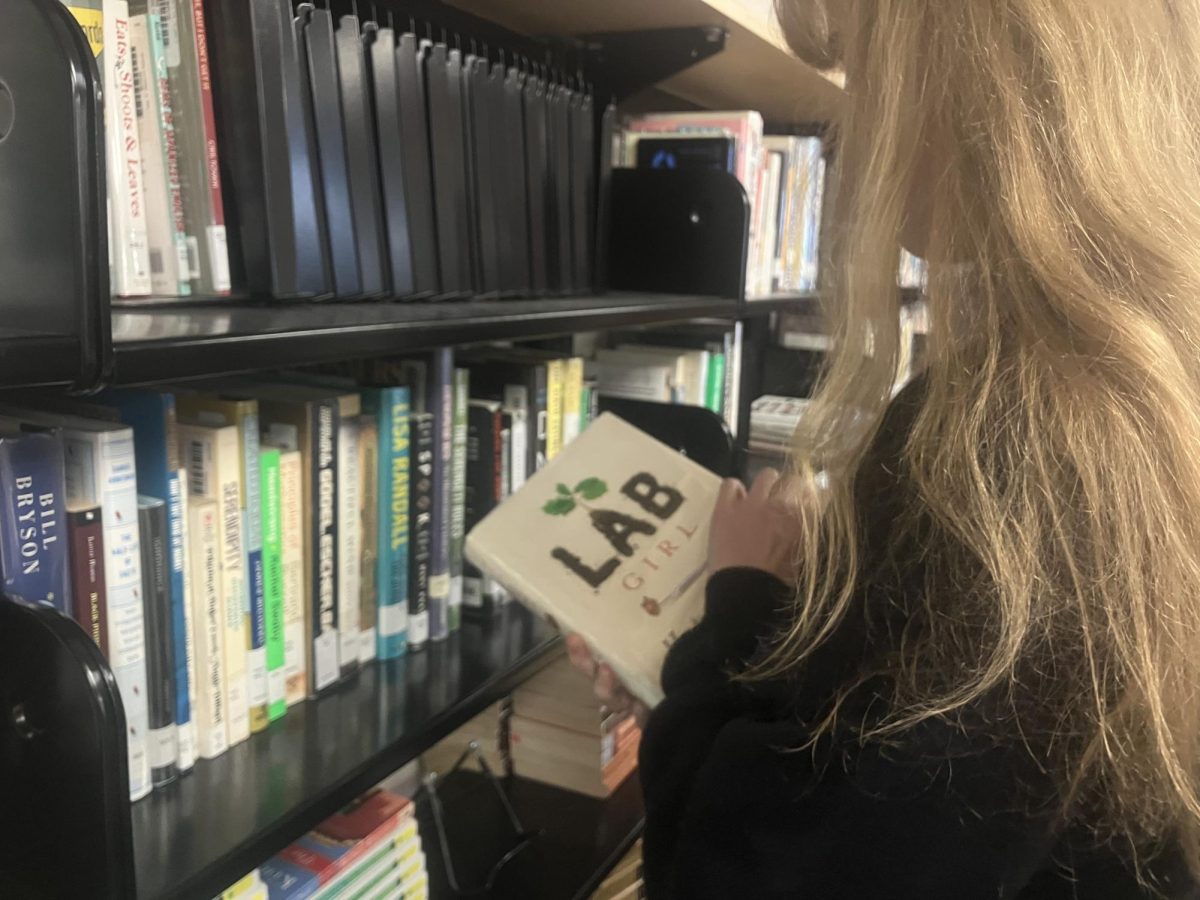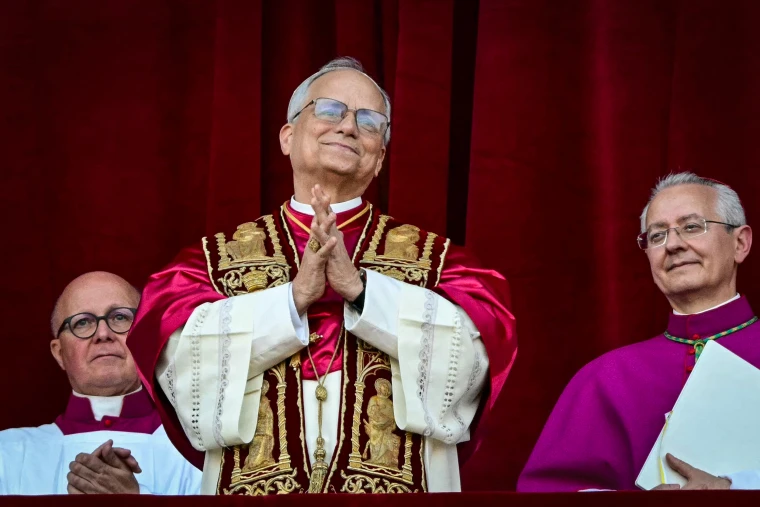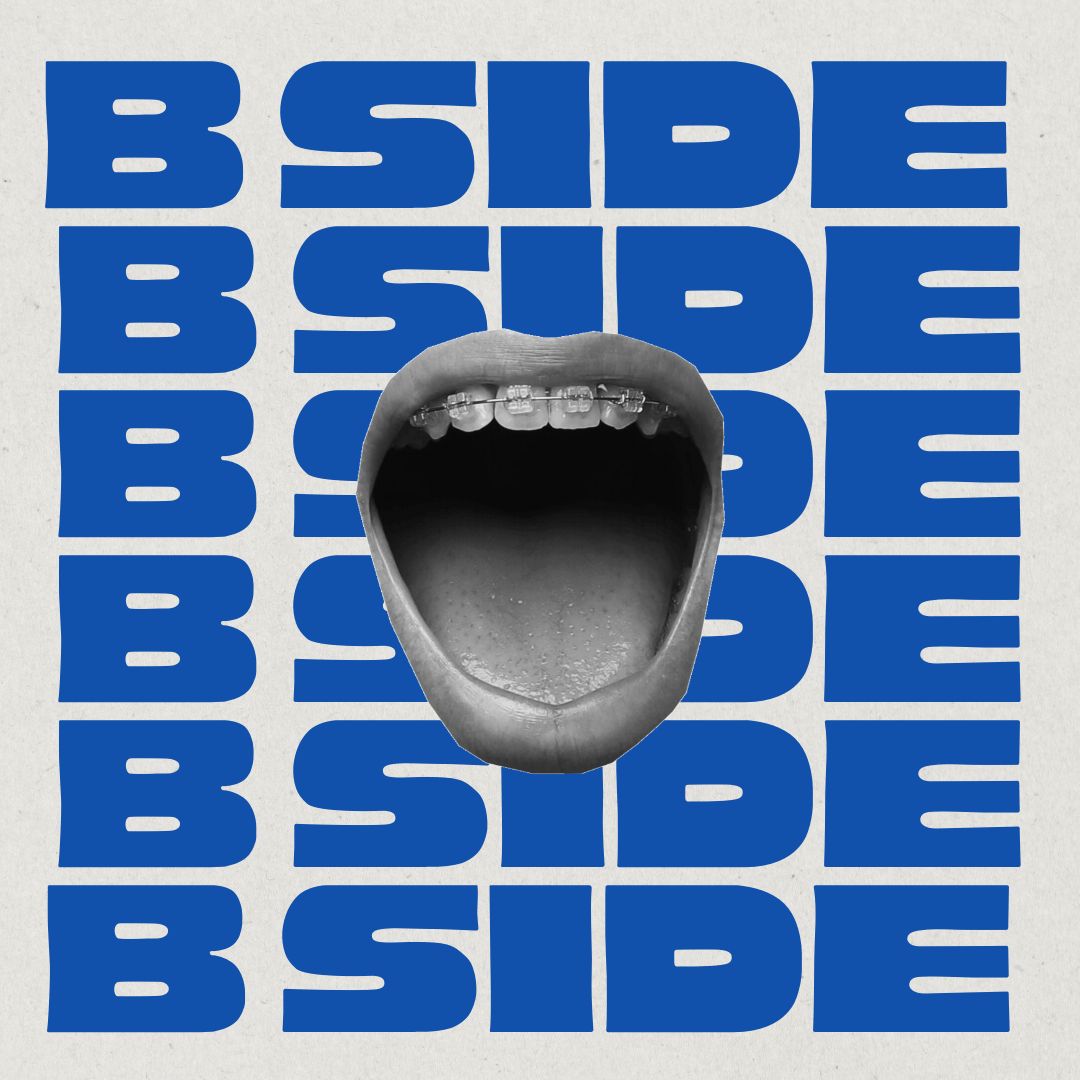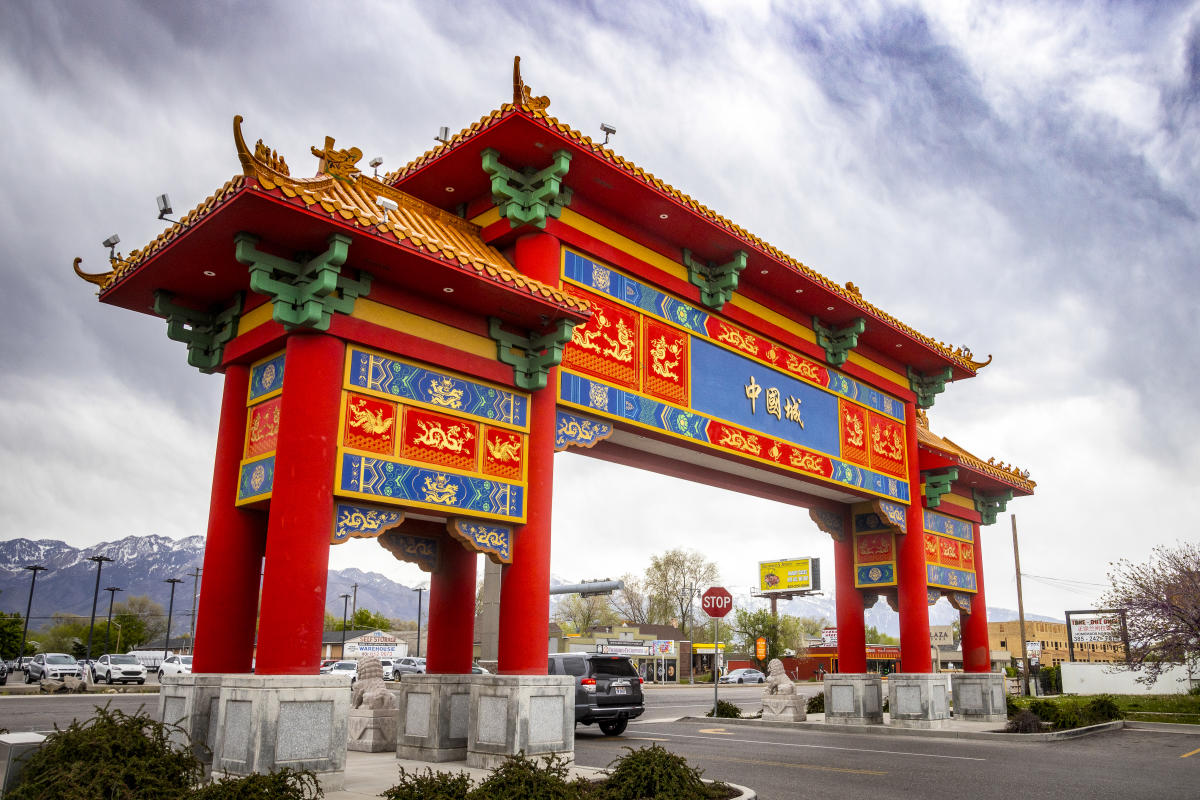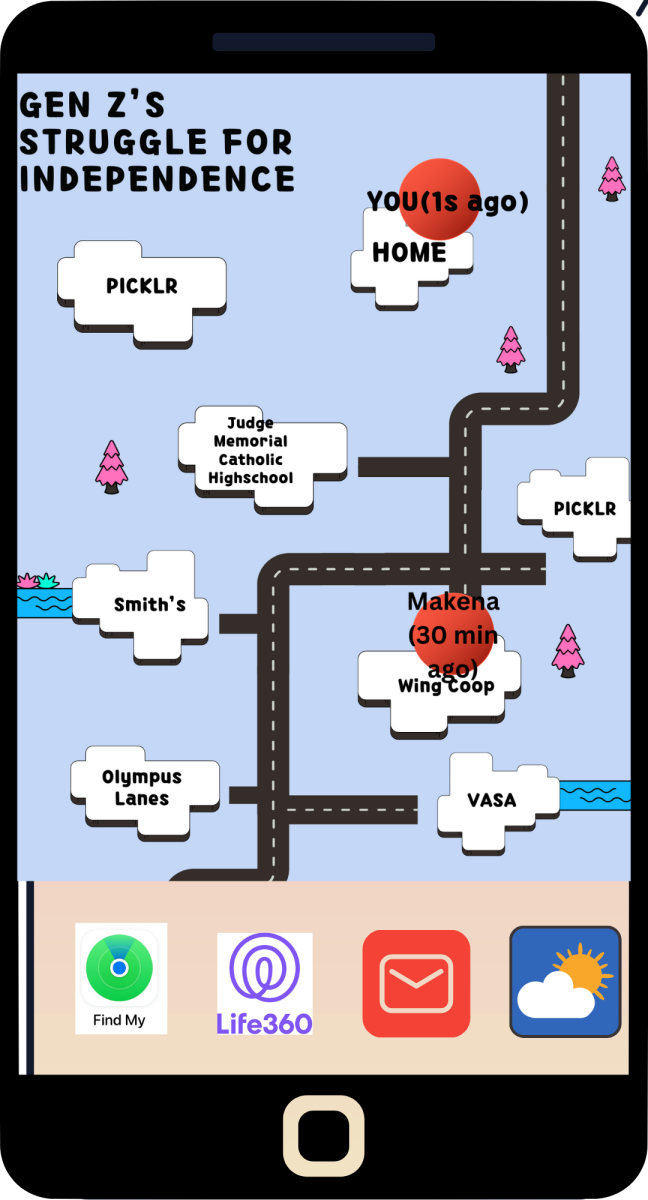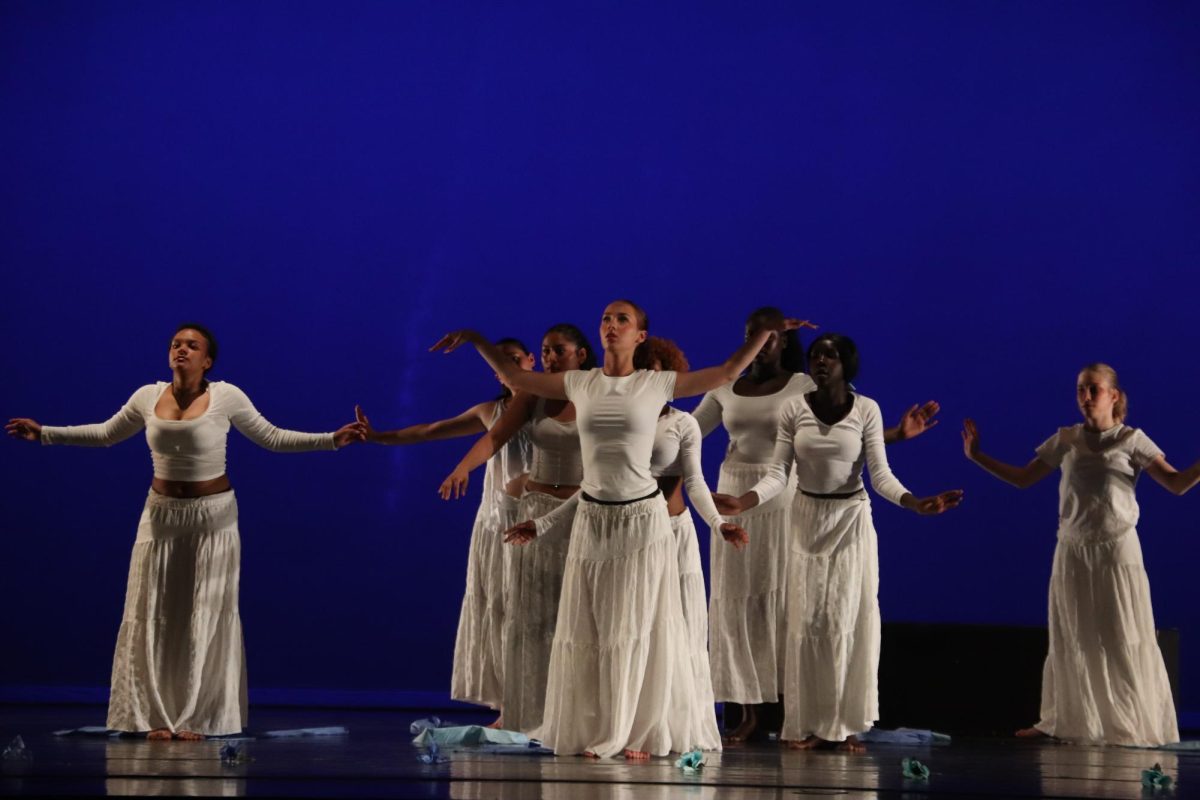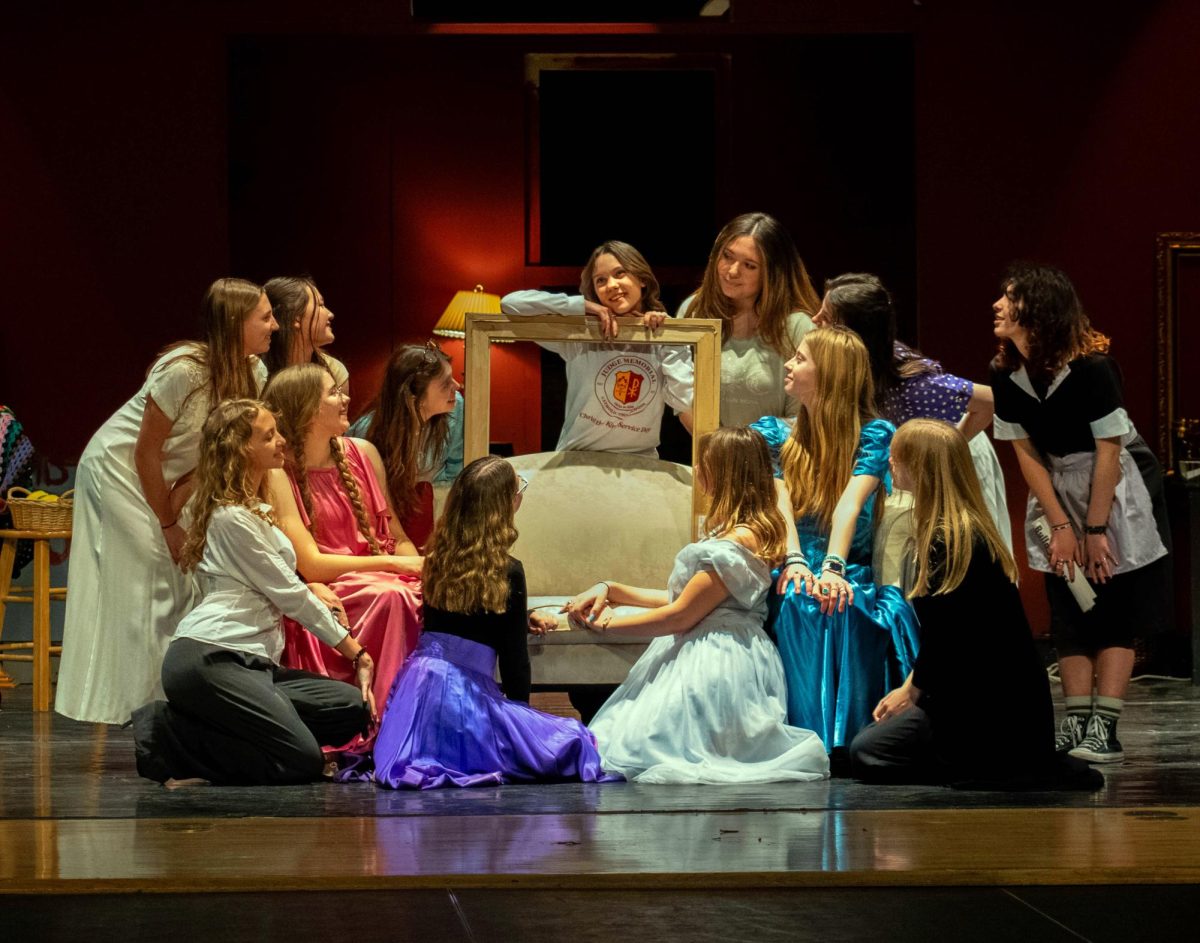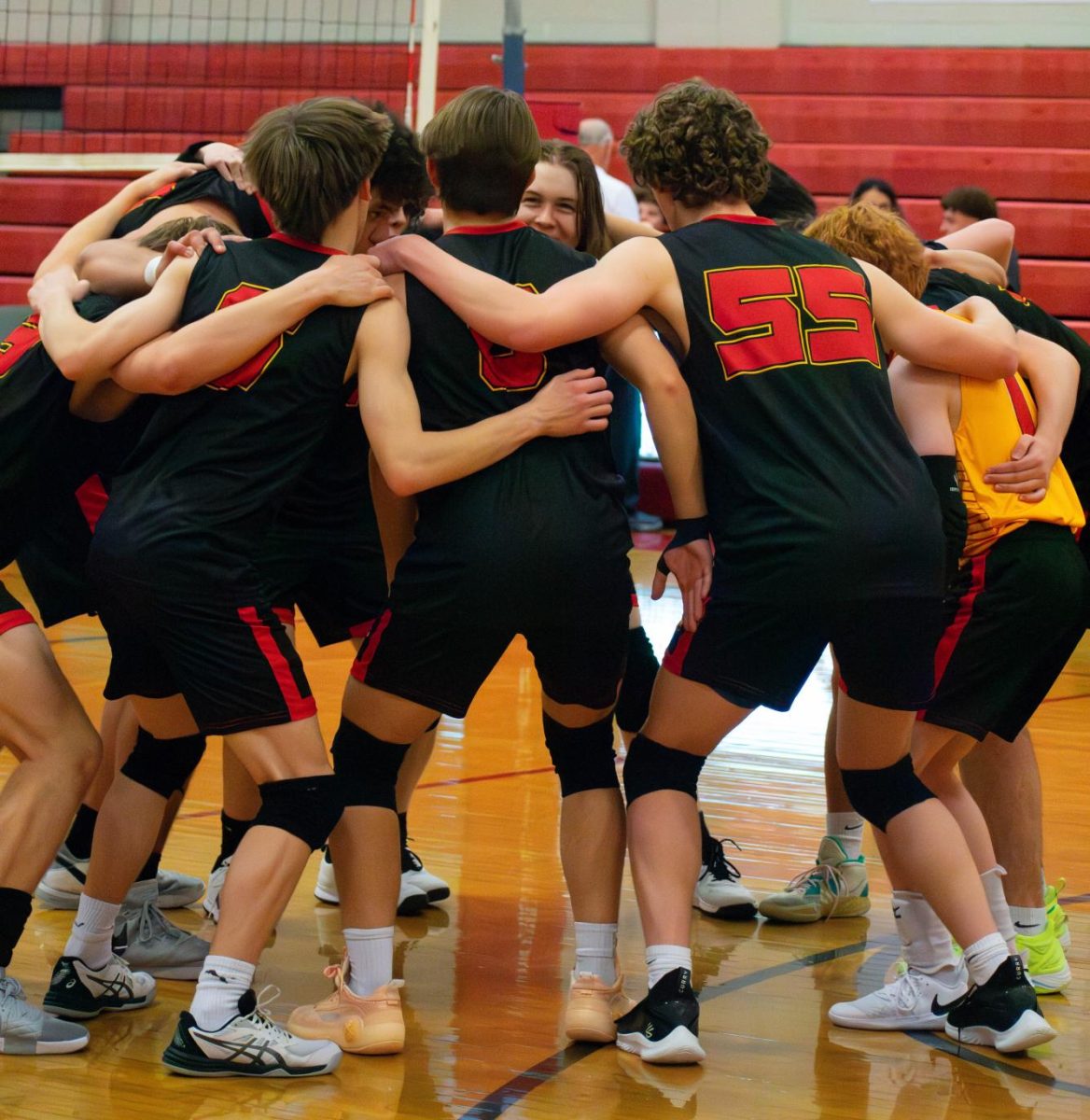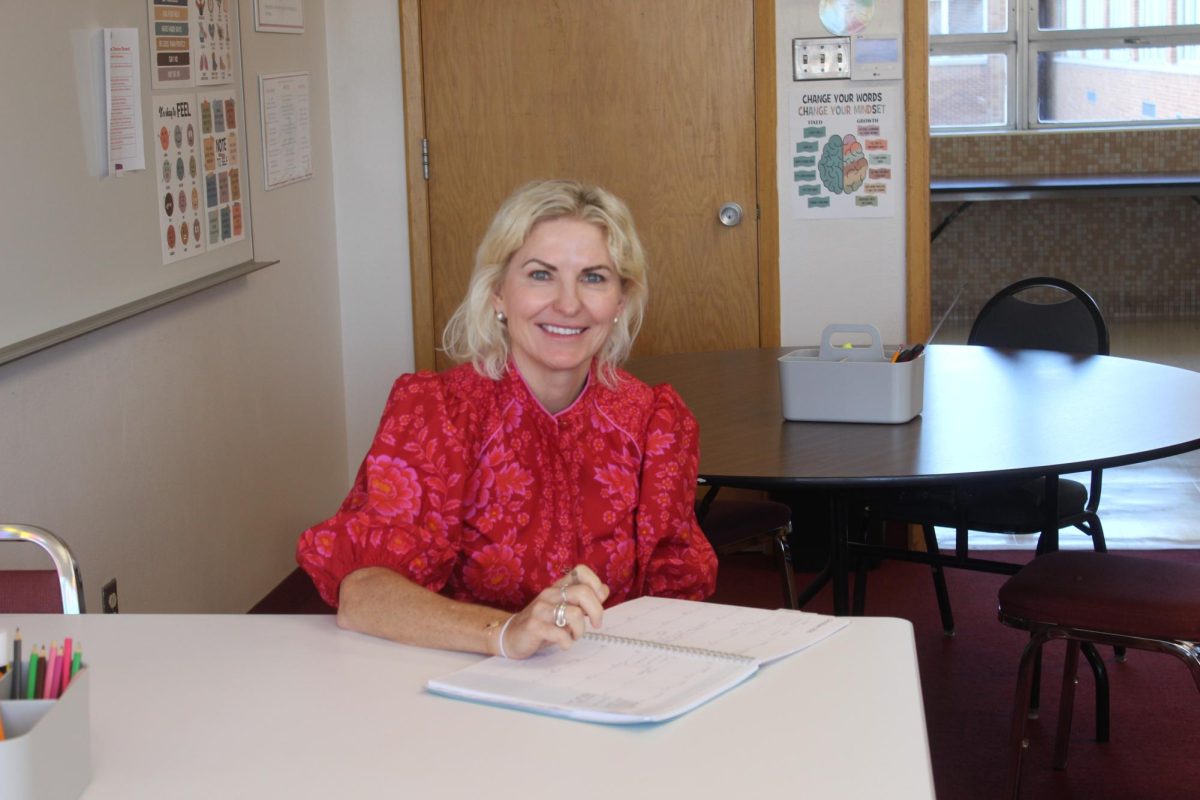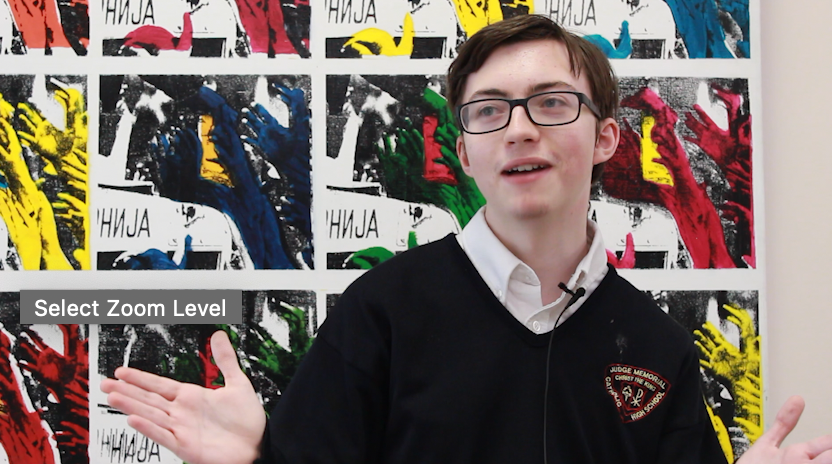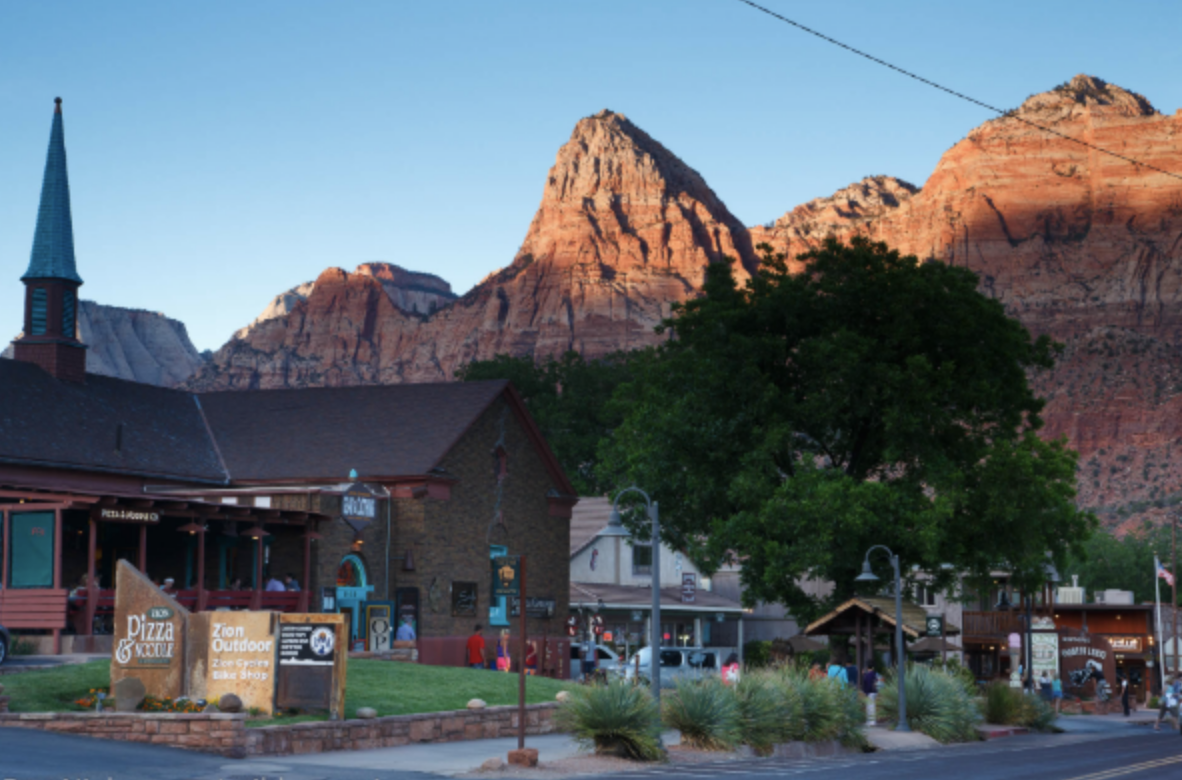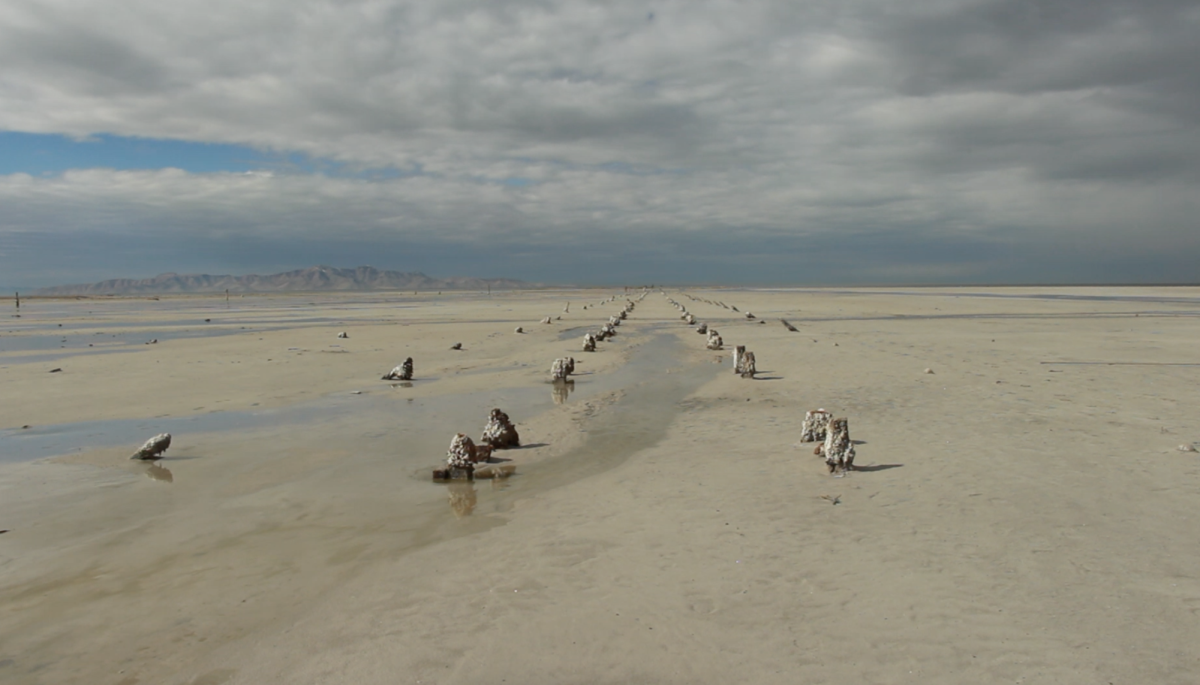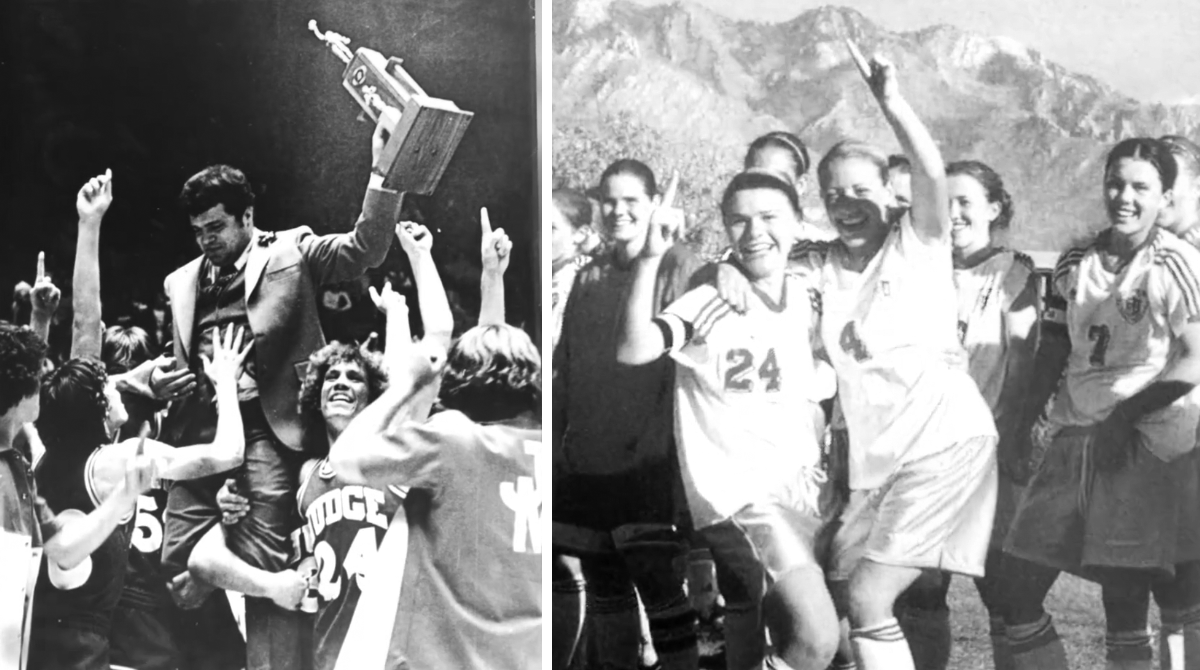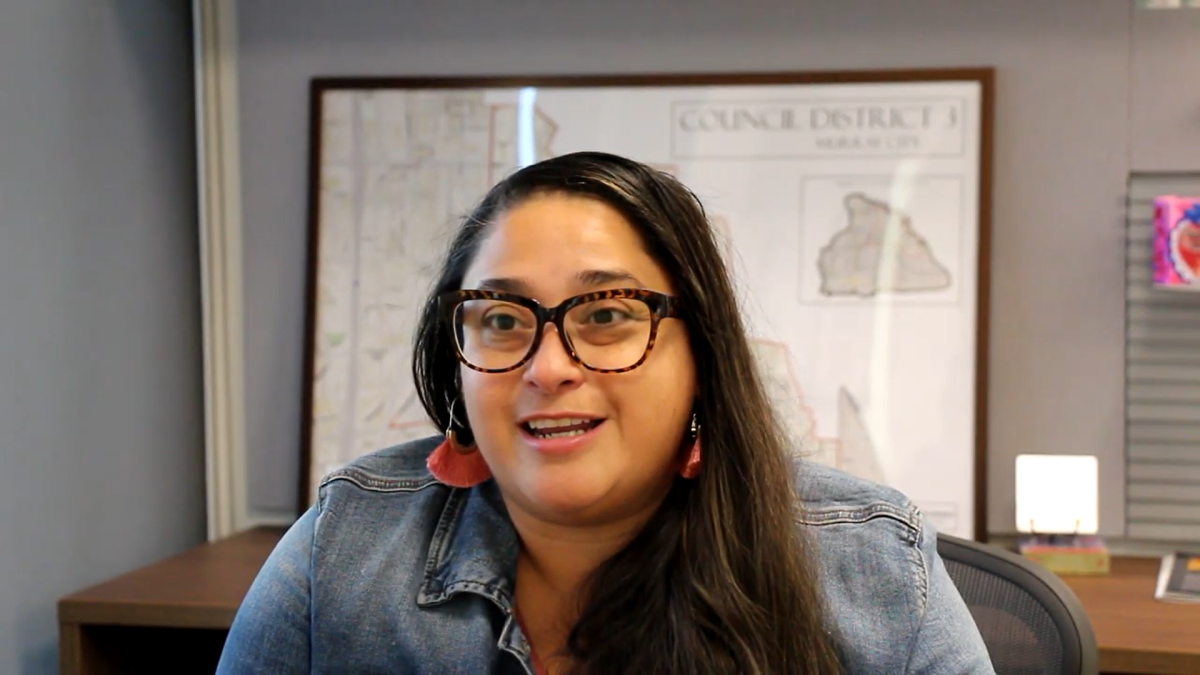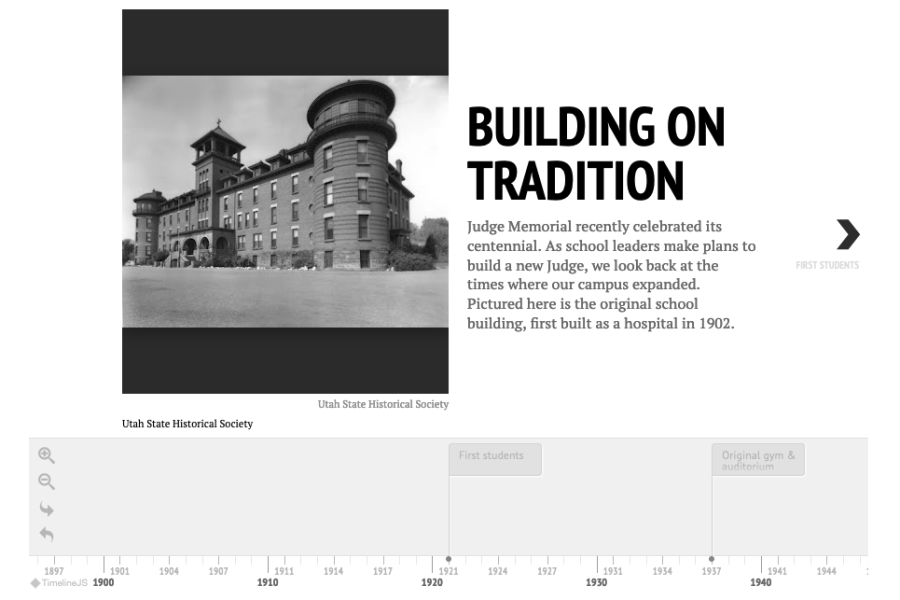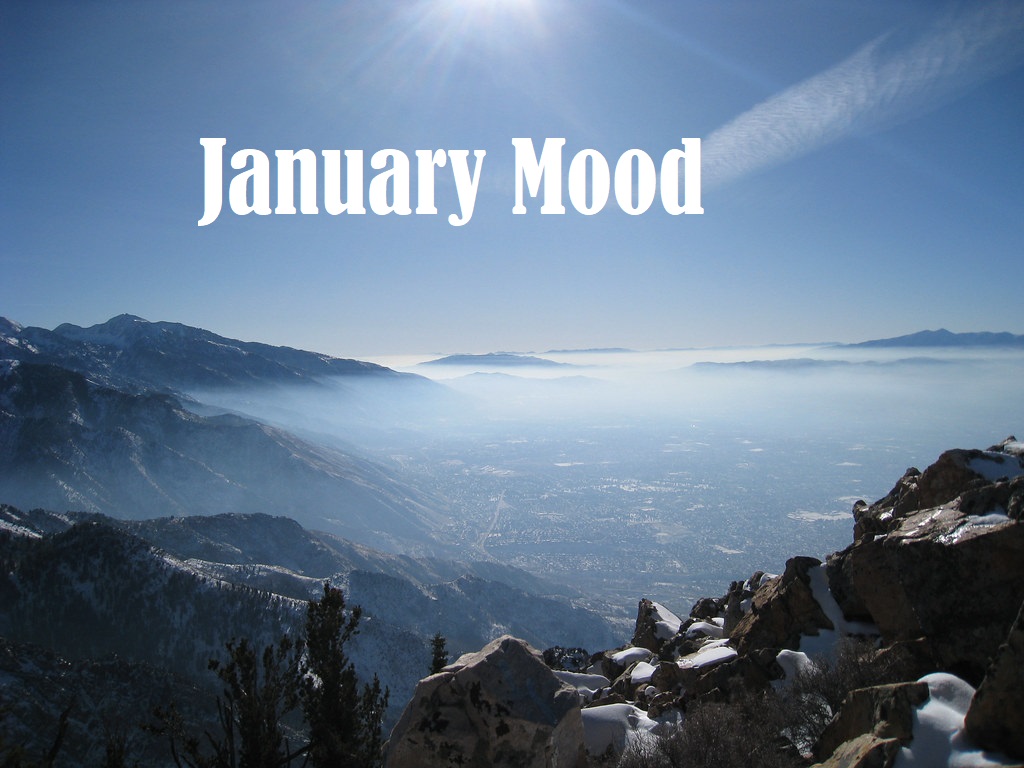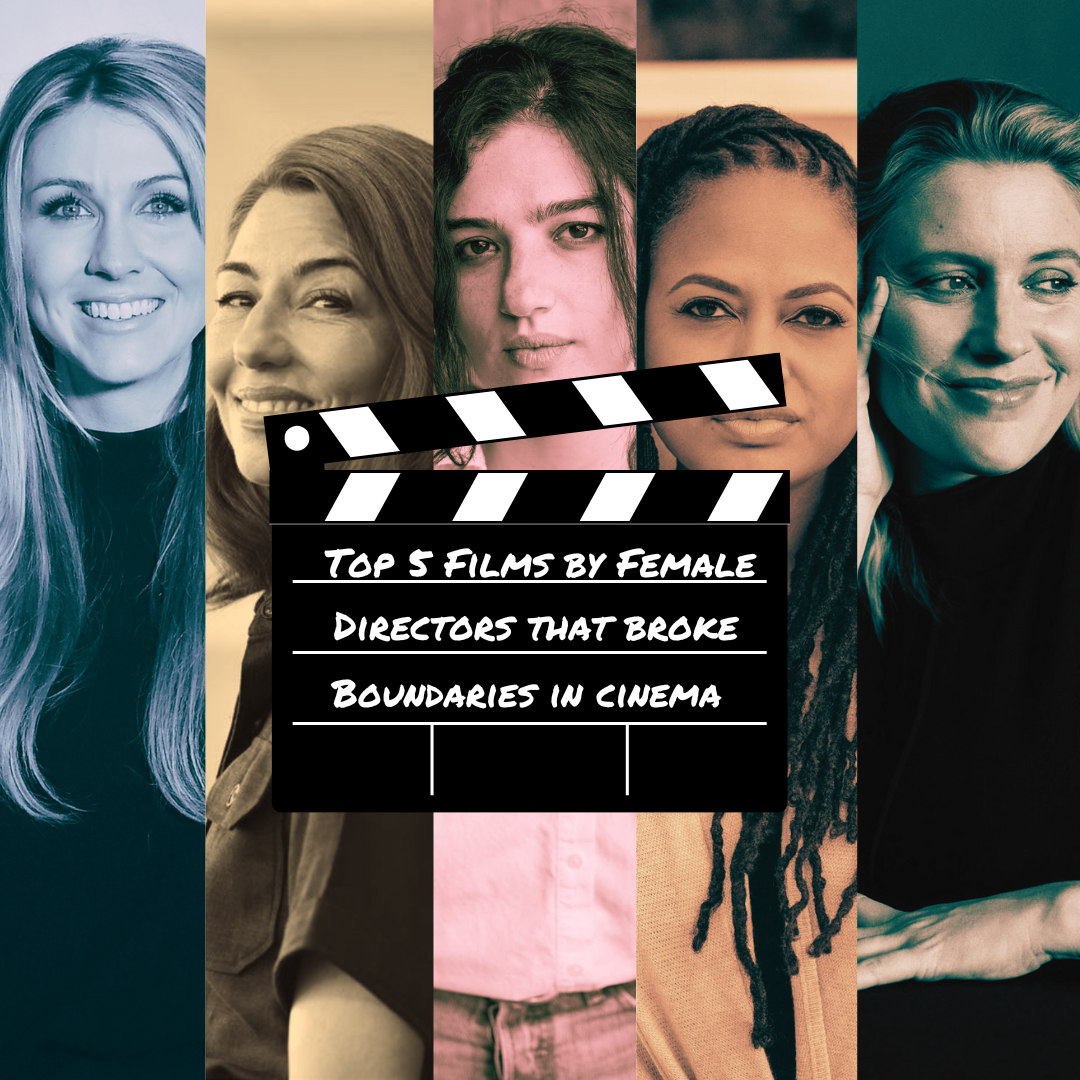In a historically male-dominated field, women filmmakers have increasingly emerged as visionary storytellers, bringing bold perspectives and innovative narratives to the screen.
The past few decades have seen a surge in empowering films by female directors that have not only redefined genres, but also challenged conventions and expanded the boundaries of cinema. From raw explorations of identity and culture, to groundbreaking approaches in style and storytelling, these directors have dismantled stereotypes, and given voices to underrepresented groups. By blending artistry with social relevance, their works continue to inspire dialogue, reshape the landscape of film, and make an indelible mark on the way stories are told in Hollywood, as well as influencing future generations of female filmmakers.
This article highlights five films by female directors that have redefined cinema, and offered unique insights into the world and feminism through bold, unapologetic lenses.
- Lady Bird (2017)
Greta Gerwig’s solo directorial debut Lady Bird captured the coming-of-age story of a high school senior, played by Saoirse Ronan, and her mother played by Laurie Metcalf, with humor, and a unique look at the complexity of mother-daughter relationships. Lady Bird is a landmark film in many ways. Its portrayal of a female protagonist who is complex, relatable, and far from perfect pushed boundaries by offering a nuanced view of teenage life that was both deeply emotional and real. The film broke boundaries in terms of its focus on female-driven narratives, its rejection of genre conventions, and its refusal to idealize or oversimplify the coming-of-age experience. Greta Gerwig’s direction and writing reshaped how young women are portrayed in modern cinema, making Lady Bird a revolutionary film for both the coming-of-age genre and the wider cinematic landscape. Gerwig’s writing and direction also led to her becoming the fifth woman in history to be nominated for the Academy Award for Best Director, solidifying her place in a predominantly male-dominated industry.
2. Selma (2014)
Selma, directed by Ava DuVernay and starring David Oyelowo and Carmen Ejogowas, a groundbreaking film in many ways. This movie was not only acclaimed for its historical significance, but also for its fresh approach to storytelling, racial representation, and gender dynamics. By focusing on the political, strategic, and emotional elements of the Civil Rights Movement, the film offers a more nuanced portrayal of Dr. Martin Luther King Jr., as well as challenging typical portrayals of Black history in cinema. Its depiction of racial violence and its recognition of women’s vital roles in the movement made it a pioneering work that continues to resonate with many contemporary social struggles. Ava DuVernay’s direction and the performances of the cast created a compelling and boundary-pushing historical drama that both honored the past and spoke powerfully to the present.
3. Bottoms (2023)
Bottoms, Directed by Emma Seligman and co-written with–as well as starring Rachel Sennot, along with Ayo Edebiri, and Ruby Cruz, is a highly boundary-pushing and revolutionary film that redefines how queer female characters and their desires are represented in mainstream cinema. By blending absurd humor with a focus on female friendship, queer identity, and gender subversion, the film offers a refreshing, radical, and chaotic take on coming-of-age stories. It challenges traditional narrative structures by prioritizing humor, absurdity, and unapologetic self-expression while still dealing with themes of identity, sexuality, and female empowerment in ways that resonate with LGBTQ+ youth and beyond. Emma Seligman’s unique voice and perspective make Bottoms a game-changing entry in the world of teen comedy and queer cinema.
4. Marie Antoinette (2006)
Marie Antoinette, directed by Sofia Coppola and starring Kirsten Dunst, is a bold reimagining of the life of one of history’s most infamous queens. Coppola’s Marie Antoinette was controversial upon release, but it ultimately proved to be boundary-pushing in historical fiction and feminist revisionism. By focusing on youth, emotional complexity, and personal rebellion, Sofia Coppola broke boundaries in how historical figures, particularly women, are portrayed in cinema. The film’s innovative use of modern music, fashion, and visual style defied traditional expectations of period dramas and offered a more intimate, empathetic, and youthful portrayal of Marie Antoinette, ultimately redefining the way we think about her legacy. The film not only challenged historical narrative conventions but also redefined the way modern filmmakers approach the portrayal of powerful women in history.
5. The Edge of Seventeen (2016)
The Edge of Seventeen, Directed by Kelly Fremon Craig and starring Hailee Steinfeld and Woody Harrelson, is a breakout film in the teen genre because it offers a much-needed departure from typical portrayals of adolescence in cinema. By focusing on the complexity of teenage life, a nuanced female protagonist, and the messiness of relationships, it provides a more honest, real, and empathetic portrayal of what it means to be a teenager. The film challenges the conventions of teen dramas by prioritizing emotional realism over idealized romance or over-the-top drama, making it a standout piece of coming-of-age cinema. The main protagonist, Nadine Franklin, stands out in the realm of teen films because she’s neither the perfect “quirky girl next door” nor the typical high school misfit. Instead, Nadine is a layered and realistic representation of a young person trying to navigate adolescence and the complexities of grief, self-worth, and family, making her a character that deeply resonates with teens. Through its rich character development, unique treatment of relationships, and grounded humor, The Edge of Seventeen redefined the genre by showing that the messiness of adolescence is part of the beauty of growing up.
The films above demonstrate the power and importance of female directors in shaping modern cinema. Through their unique perspectives, these filmmakers have not only redefined genres but have also challenged traditional narratives and offered a richer, more nuanced view of the world. From Greta Gerwig’s exploration of complex female relationships in Lady Bird, to Ava DuVernay’s portrayal of racial and gender dynamics in Selma, each of these films exemplifies how female filmmakers have pushed boundaries and redefined what is possible on screen.
These films serve as powerful reminders of how cinema, when viewed through a diverse and inclusive lens, can speak to universal human experiences while breaking down barriers, inspiring new conversations, and paving the way for future generations of directors.

